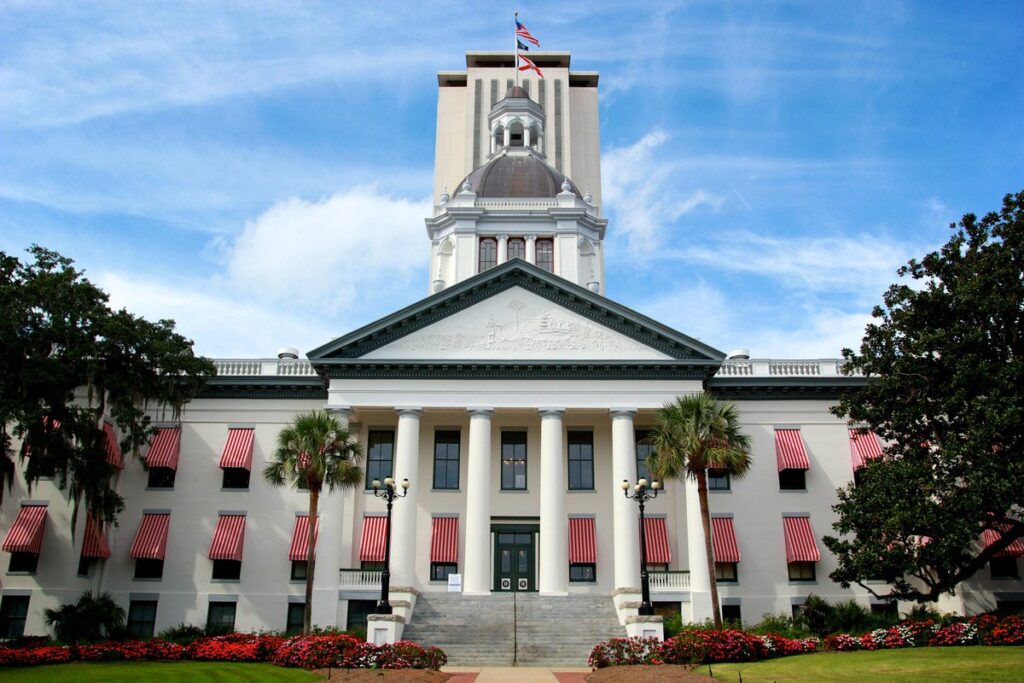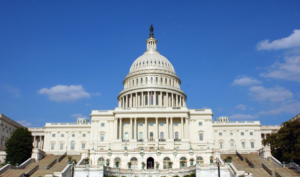Florida seeks extension to secure enhanced Medicaid funding, relieving nervous advocates

Florida is seeking an extension to July 12 to “consider the potential impacts” of tapping into up to a half-billion dollars in additional federal Medicaid funding for home- and community-based services.
The $1.9 trillion American Rescue Plan Act, approved by Congress and signed into law in March by President Joe Biden, allows states to tap into additional federal Medicaid funding for a range of different services any extending the additional 6.2 percentage point share of Medicaid costs approved last spring beyond July 1 to Jan. 1, 2022.
The American Rescue Plan also includes an opportunity for states to garner a 10 percentage-point increase in federal Medicaid funds for home- and community-based services provided in Florida’s “iBudget” program for people with developmental and intellectual disabilities.
The deadline to claim that 10 percentage-point increase in federal Medicaid funds for home- and community-based services was Sunday but on Friday, the state requested a 30-day extension.
In an email to the federal Centers for Medicare & Medicaid Services, Karen Williams of the Deputy Secretary for Medicaid office within the Florida Agency for Health Care Administration (AHCA), said Florida needs the 30-day extension to sort out how best to put the one-time federal plug of money to use.
“Please consider this email as the state of Florida’s formal request for the 30-day extension,” Williams wrote. “This additional time will allow the state of Florida to continue coordinating with all impacted stakeholders to consider the potential impacts of this increase.”
The request for an extension brought relief to advocates for people with disabilities who were worried the state wouldn’t submit a plan to the CMS before Sunday’s deadline despite assurances last month from Florida Agency for Persons with Disabilities program manager Tom Rice who told the Florida Developmental Disabilities Council the state would access the enhanced Medicaid funding.
Florida could tap into an additional $450 million in Medicaid funds for services provided through the iBudget program although the additional money could be used for any home-based service.
According to May guidance issued by the CMS, states could use the funds for medical or remedial services recommended by physicians, including mental health and substance-use disorder services; private duty nursing services; and programs for all-inclusive care for the elderly, what is known as PACE.
There are a number of Medicaid-related provisions in the American Rescue Plan Act that the state is likely to take advantage of and several it is expected to reject.
Under the plan, the remaining 12 states that have not expanded Medicaid under the Affordable Care Act (ACA) – including Florida – could receive a 5 percentage-point increase in Medicaid matching rates for two years after expansion.
Doing so would draw $3.3 billion from the CMS to expand Medicaid to nearly 800,000 more Floridians. The expansion would cost the state $1.2 billion annually after, but garner $1.8 billion in federal money.
But the Republican-controlled Legislature remains adamantly opposed to Medicaid expansion. The state’s $100 billion FY22 budget includes about $44 billion in healthcare spending largely subsidized by federal pandemic assistance packages, including about $34 billion for Medicaid, up from about $31.6 billion the previous year.
The Legislature has already confirmed it will request an allowance under the American Rescue Plan to extend by 10 months the length of time that postpartum women can qualify for Medicaid.
Florida’s Medicaid program offers coverage for two months to pregnant women who earn up to 196 percent of the federal poverty level, a higher standard than federal law which requires states cover pregnant women with incomes up to 138 percent of the poverty line.
About 97,600 women would be eligible for health care if coverage was extended from two months to a year according to the AHCA.
This article was originally posted on Florida seeks extension to secure enhanced Medicaid funding, relieving nervous advocates





